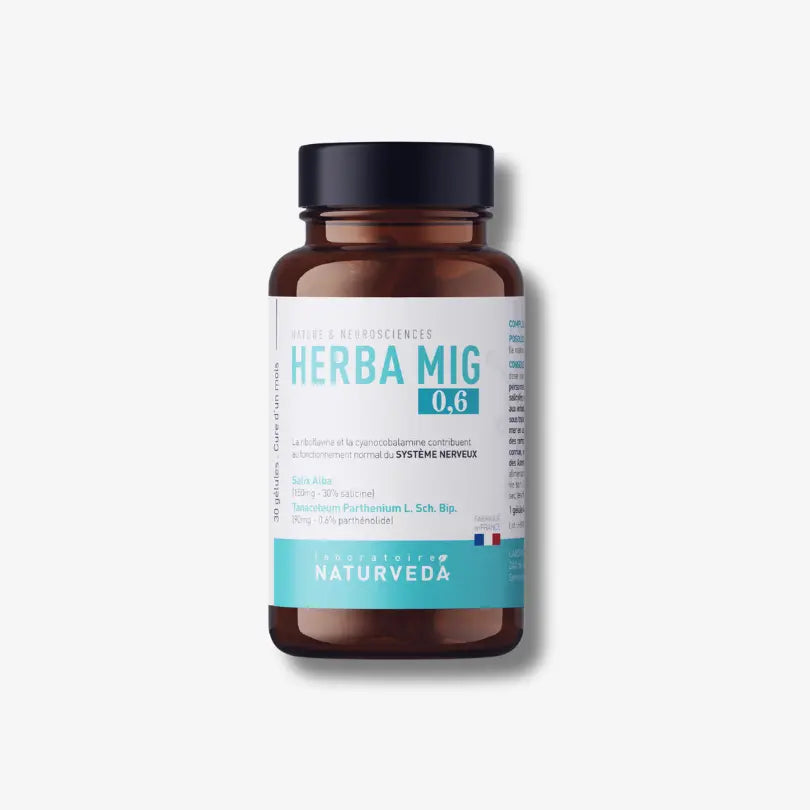Often overlooked or misunderstood, skin microbiota are much more than just invisible residents of our skin. In fact, these microorganisms play a crucial role in our overall health and directly influence our well-being. In an era where the beauty and skincare industry is constantly evolving, it is essential to understand how to maintain a healthy and balanced skin microbiota. This article takes a deep dive into ent in the symbiosis between these bacteria and our immune system, while exploring practical tips for respecting them in our skin care routine.
Key points to remember
- Skin microbiota play a crucial role in skin protection and health.
- They help regulate the immune system and prevent infections.
- A microbiota-friendly skincare routine can improve the appearance and health of your skin.
- Balancing skin microbiota is possible thanks to natural tips and suitable products.
The symbiosis between skin microbiota and the immune system
The skin, our largest organ, is the first line of defense against the outside world. It is also host to trillions of microorganisms, including bacteria, fungi, and viruses, forming what is called the skin microbiota.
These microorganisms live in perfect harmony with our skin and play a crucial role in protecting against pathogens. They help strengthen the skin barrier, aid in the regeneration of skin cells and regulate local immunity. The concept of the "skin barrier" is essential to understand how these microorganisms interact with our immune system to prevent infections and diseases.
The diversity and specificity of skin microbiotas
The skin microbiota is not a homogeneous entity. It varies from one person to another depending on several factors such as environment, lifestyle, diet and even age. Even on a single individual, the composition of the microbiota can vary depending on the areas of the body. For example, the bacteria present on the face are not identical to those on the hands or feet.
Scientists have identified over 1,000 different species of bacteria on human skin, belonging to some 19 different phyla. The major phyla include Actinobacteria, Firmicutes, Proteobacteria, and Bacteroidetes. This diversity is not only fascinating, but it is also vital for maintaining the balance and health of the skin.
Why and how to maintain a healthy skin microbiota?
An imbalanced skin microbiota can lead to several skin problems, including acne, eczema, irritation, and other inflammatory conditions. An imbalance can be caused by overuse of antibacterial products, antibiotics, or even overly rigorous hygiene.
Here are some tips for maintaining a healthy skin microbiota:
- Use mild cleansers: Avoid harsh cleansers that can kill beneficial bacteria.
- Favor products with prebiotics and probiotics: Prebiotics feed good bacteria, while probiotics introduce beneficial microorganisms directly to the skin.
- Avoid showering too hot and too often: Hot water can disrupt the natural balance of oils and bacteria on the skin.
- Opt for a balanced diet: A diet rich in fiber, fruits, vegetables and lactic ferments can support not only the intestinal microbiota but also that of the skin.
- Reduce stress: Stress can negatively influence the skin microbiome, so incorporating relaxation practices can help maintain balance.
The benefits of natural care and home remedies
Natural skincare has gained notable popularity due to its compatibility with the skin microbiota and its absence of harsh chemicals. By adopting natural skincare practices, not only do you feed the good bacteria, but you also avoid potential disruptors that unbalance the skin flora.
Raw Honey: Raw honey is an excellent natural moisturizer and has antibacterial and anti-inflammatory properties.
Coconut Oil: Rich in fatty acids, coconut oil can moisturize the skin while keeping the skin barrier intact.
Apple Cider Vinegar: It helps balance the skin's pH and has antimicrobial properties.
Chamomile tea: It has soothing and anti-inflammatory properties, useful for sensitive skin.
Impact of cosmetic products on skin microbiota
Know your cosmetic ingredients: Many cosmetic products contain synthetic and potentially harmful ingredients that can affect the skin microbiome. Parabens, sulfates, and silicones are examples of ingredients that can disrupt the skin's microbial balance.
Choose products with natural ingredients: Choose products made with natural ingredients such as essential oils, plant extracts and minerals.
Read labels: Make sure the products you use are free of harsh preservatives and other unnecessary chemicals.
The role of hygiene in the balance of skin microbiota
While hygiene is crucial to prevent infections, an overly aggressive approach can harm the balance of skin microbiota. Here are some practical recommendations:
- Opt for moderate hygiene: Two showers a day may be excessive; one daily shower is generally sufficient to maintain good hygiene without major disruption of the microbiota.
- Use mild soaps: Antibacterial soaps can kill both good and bad bacteria, which can upset the microbiome.
- Dry the skin gently: Avoid rubbing the skin vigorously with a towel; prefer to dab to avoid micro-lesions and disruption of protective bacteria.
Unexpected benefits revealed by research
There’s a lot of research out there highlighting the unexpected benefits of maintaining a balanced skin microbiome. For example, some studies suggest a correlation between a balanced skin microbiome and reduced skin stress, improved mood, and even a positive influence on conditions like eczema and psoriasis.
Scientific evidence also shows that the microbiota may play a role in the skin aging process. A well-maintained microbiota could potentially slow down the aging process by reducing inflammation and improving cell regeneration.
Impact of diet on skin microbiota
Your diet doesn’t just nourish your body; it also nourishes your microbiota. For a healthy skin microbiota, it’s crucial to consume foods rich in fiber, vitamins, and minerals.
Fermented Foods: Foods like yogurt, kefir, sauerkraut, and kimchi are rich in probiotics that can benefit your skin.
Green vegetables: Rich in antioxidants, green vegetables help protect the skin from oxidative damage.
Omega-3 fatty acids: Found in oily fish, walnuts and flaxseeds, they help maintain the skin's lipid barrier.
Hydration: Drinking enough water is essential to maintain well-hydrated skin and promote a healthy microbiota.
Most Frequently Asked Questions
What is the skin microbiota?
The skin microbiota is the set of microorganisms, mainly bacteria, that live on the skin and form an essential part of our skin barrier.
How can I improve the health of my skin microbiota?
To improve the health of your skin microbiota, use gentle and natural products, promote a balanced diet rich in probiotics, and avoid overly aggressive hygiene practices.
Are antibacterial products bad for my microbiota?
Antibacterial products can kill good bacteria on the skin, disrupting the balance of the microbiota and making the skin more vulnerable to infection.
Can skin care affect my overall well-being?
Yes, a balanced skin microbiota can not only improve the appearance and health of skin, but also have positive effects on mood and reduce skin stress levels.




